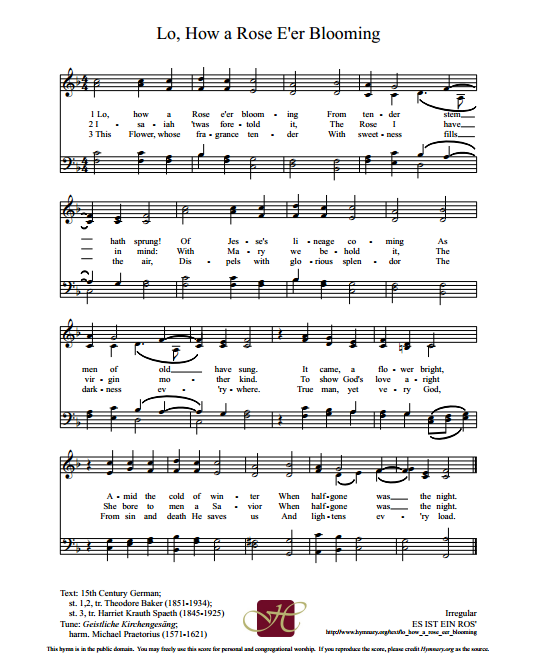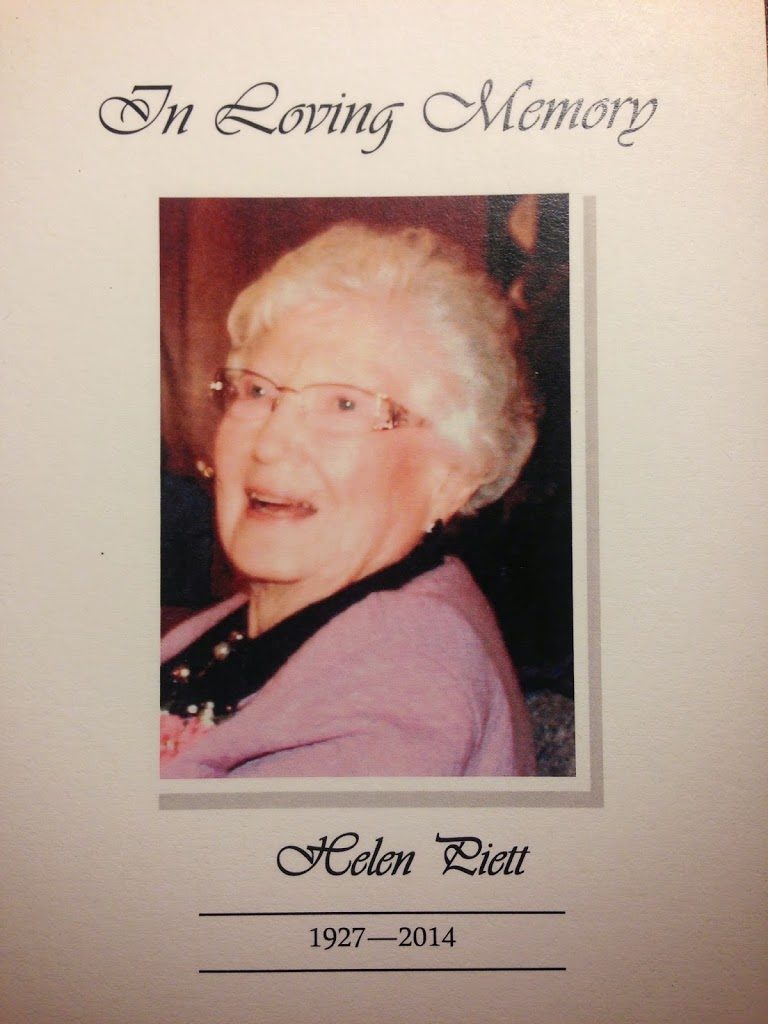Sonic Habits: Thoughts on an Advent Hymn
When it comes to matters musical, I am a rank amateur–a lover without training or expertise; a listener who knows what he likes; a hearty singer without much skill. I’m grateful for a profession in which I can constantly create an acoustical ambience of music to wallpaper my workday. However, as a philosopher with interest…


